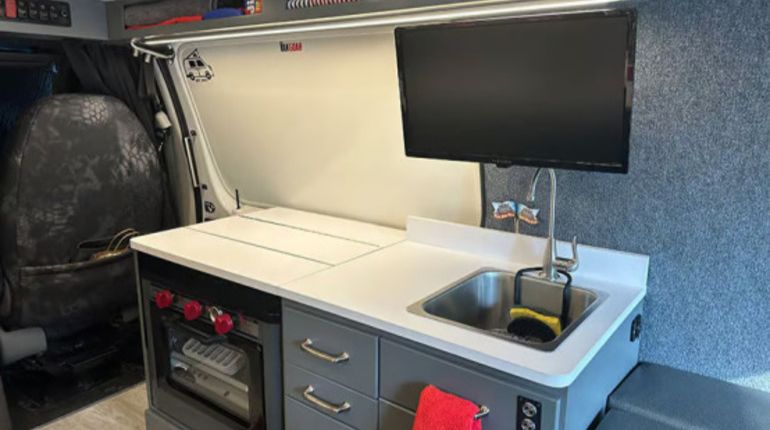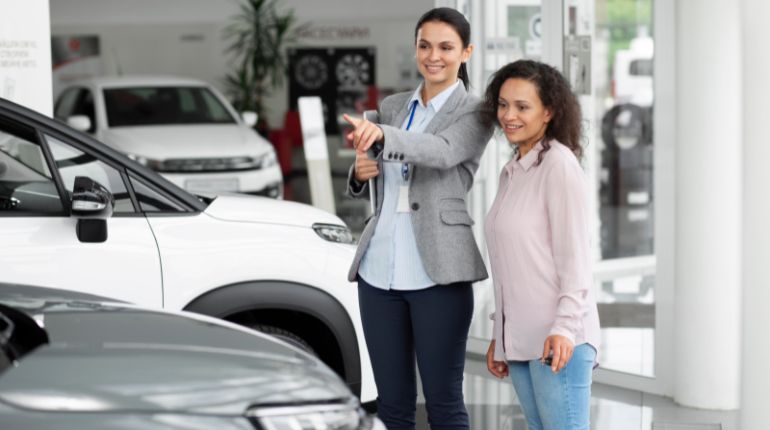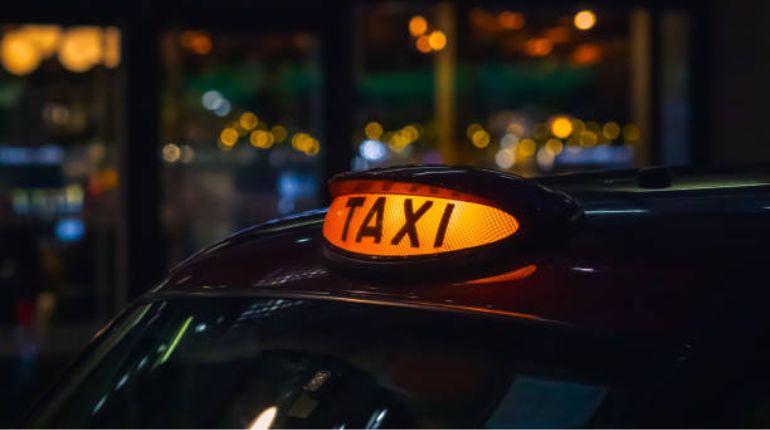Classic Cars for HPI Check: If you’re planning on buying a used car from a dealer in the UK, it’s important to get an HPI check. This will help you verify that the car is not stolen and that there are no outstanding finance agreements or hidden history.
It will also give you information on the car’s history, such as whether it’s been in any accidents. The HPI check is an essential step in buying a used car, and it’s worth doing if you want to be sure you’re getting a good deal.
An HPI check can reveal a lot about a new car’s history if you’re considering buying one. A few are :
- If it’s been written off or stolen previously
- The total number of previous owners
- The number of plate and color changes
- Whether the vehicle has been exported/imported and scrapped
- The current MOT and tax status
- If the vehicle has any outstanding finance
- If the mileage is validated between MOTs in the past
The police have the right to seize a vehicle you purchase if it has been stolen in the past. Similarly, if you purchase with any outstanding finance, then you will be held responsible for the finance company until the debt is paid-off. These situations will leave you out of pocket.
Surprisingly, most dealers/sellers in the UK are honest, but very few would try to break the law while selling cars.
Selling vehicles that have unpaid finance agreements or have been written off or stolen in the past falls under this category. Due to these dishonest dealers, it is always advisable to run an Trade HPI check prior to buying any second hand vehicle.
Table of contents
Dealers that do not HPI check used cars
It’s not always an indication that a car has a hidden history if you’re considering purchasing it from a dealership that doesn’t offer to do an HPI check. However, you should be aware of any red flag and conduct your own classic cars for HPI check through us or any other provider.
It is advisable to perform your HPI checks because buying a car with a hidden past can lead to so many issues and because classic cars for HPI checks only cost a few bucks .
It is always a good idea to protect yourself as much as you can by conducting your own HPI check, even if you are purchasing your car from a reputable and trustworthy dealer or a national car sales company.
- Write-off check
- Mileage anomaly check
- Scrapped car check
- Import/export check
- Stolen check( Checking the PNC to see if the vehicle has been recorded as stolen)
- Outstanding finance check
- Cloned car check
Additionally, you will benefit from a £30,000 data guarantee, which means that in the event that some of the data is inaccurate, we will cover your costs up to £30,000.
A lot of dealers might conduct the Classic Cars for HPI check themselves so you need not be worried that the car you wish to purchase may have any hidden history. That way, you can be confident that the car is in good condition and won’t give you any problems down the road.
What information does an HPI check reveal?
Excellent financial management
Almost a quarter of all vehicles undergoing an HPI check has outstanding finance. As a result, while you would not be the legal owner of the vehicle (the finance company would be), you could still be liable for the debt. The finance company would also be able to repossess the vehicle, leaving you out of pocket and without a car.
Stolen
Every day, nearly 30 cars are reported stolen and are entered into the Police National Computer. The police have every right to seize your vehicle if it is one of them.
Written-off
4% of vehicles subjected to an HPI check have been written off due to damage or theft. These vehicles may have been repaired, but you must see proof that they were properly repaired and are now roadworthy.
Check for a stolen V5 document
You can’t trust the vehicle’s legitimacy if the V5 document with a vehicle is part of a stolen batch.
Vehicle Identification
A car check will confirm the make, model, door plan, vehicle’s current and previous colours, transmission and engine size, and how many times it has changed hands with the DVLA. You must ensure that the latter, in particular, corresponds to the seller’s story.
Plate exchange
At least one plate change has occurred in 20% of vehicles that have undergone a vehicle inspection. Normally, there is nothing to be concerned about, but a change of plates can conceal a car’s history, so it’s worth asking questions about it.
VIN/chassis numbers and licence plate numbers
A vehicle inspection will reveal whether the VRM and VIN correspond to DVLA database. If they do not, the vehicle may have several issues.








